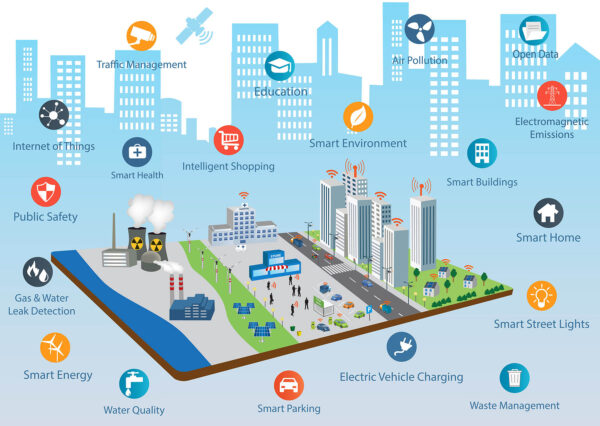Understanding Ethics of Real Estate Development
Real estate development, while a driving force in economic growth, brings with it a complex web of ethical considerations. At its core, this industry involves decisions that can significantly impact communities, environments, and economies. Developers must navigate a fine line between profitability and social responsibility, ensuring that their projects not only yield financial returns but also contribute positively to the surroundings. This section delves into the various ethical dilemmas faced by developers, such as land use, community displacement, and environmental impact. It also examines how ethical decision-making can lead to sustainable and inclusive urban growth.
The Impact of Development on Local Communities
One of the most critical ethical considerations in real estate development is the impact on local communities. Development projects often lead to changes in the social fabric of a neighborhood, which can be both positive and negative. Issues like gentrification, displacement of residents, and the loss of cultural heritage are common concerns. This section explores how developers can engage with and support local communities to minimize negative impacts. It discusses strategies like community consultation, affordable housing initiatives, and preservation of historical sites, emphasizing the importance of a community-centric approach in development projects.
Environmental Sustainability in Development Projects
Environmental sustainability is a cornerstone of ethical real estate development. The construction and operation of buildings contribute significantly to carbon emissions and environmental degradation. Developers face the challenge of designing projects that are not only economically viable but also environmentally responsible. This section addresses sustainable building practices, such as the use of eco-friendly materials, energy-efficient designs, and green spaces. It also looks at the long-term benefits of sustainable development, including reduced operational costs and compliance with environmental regulations.
Balancing Profit with Social Responsibility
The pursuit of profit is fundamental to real estate development, but it should not overshadow social responsibility. Ethical developers recognize the importance of creating value that extends beyond financial gain. This section discusses how responsible development can lead to broader social benefits, such as job creation, community revitalization, and improved quality of life. It also covers the concept of “triple bottom line” (people, planet, profit), illustrating how developers can achieve a balance between economic success and social good.
The Role of Government and Regulations in Ethical Development
Government regulations play a crucial role in ensuring ethical practices in real estate development. These regulations set the standards for land use, building safety, environmental protection, and community rights. However, navigating these regulations can be challenging for developers. This section examines the relationship between government policies and ethical development, discussing how regulations can both aid and hinder responsible practices. It also explores the role of public-private partnerships in promoting ethical development.
Stakeholder Engagement and Transparency
Effective stakeholder engagement is key to ethical real estate development. Developers must consider the needs and concerns of various stakeholders, including investors, local communities, government bodies, and environmental groups. This section highlights the importance of transparency and open communication in building trust and fostering collaboration. It discusses methods for effective stakeholder engagement, such as public forums, surveys, and collaborative planning sessions, emphasizing the value of diverse perspectives in the development process.
The Future of Ethical Real Estate Development
As the world evolves, so do the ethical challenges in real estate development. This section looks toward the future, exploring emerging trends and innovations that could shape ethical practices in the industry. Topics include smart cities, affordable housing solutions, and advancements in sustainable technology. The section also discusses the potential for ethical development to drive systemic change in the industry, creating more equitable and sustainable urban environments.





